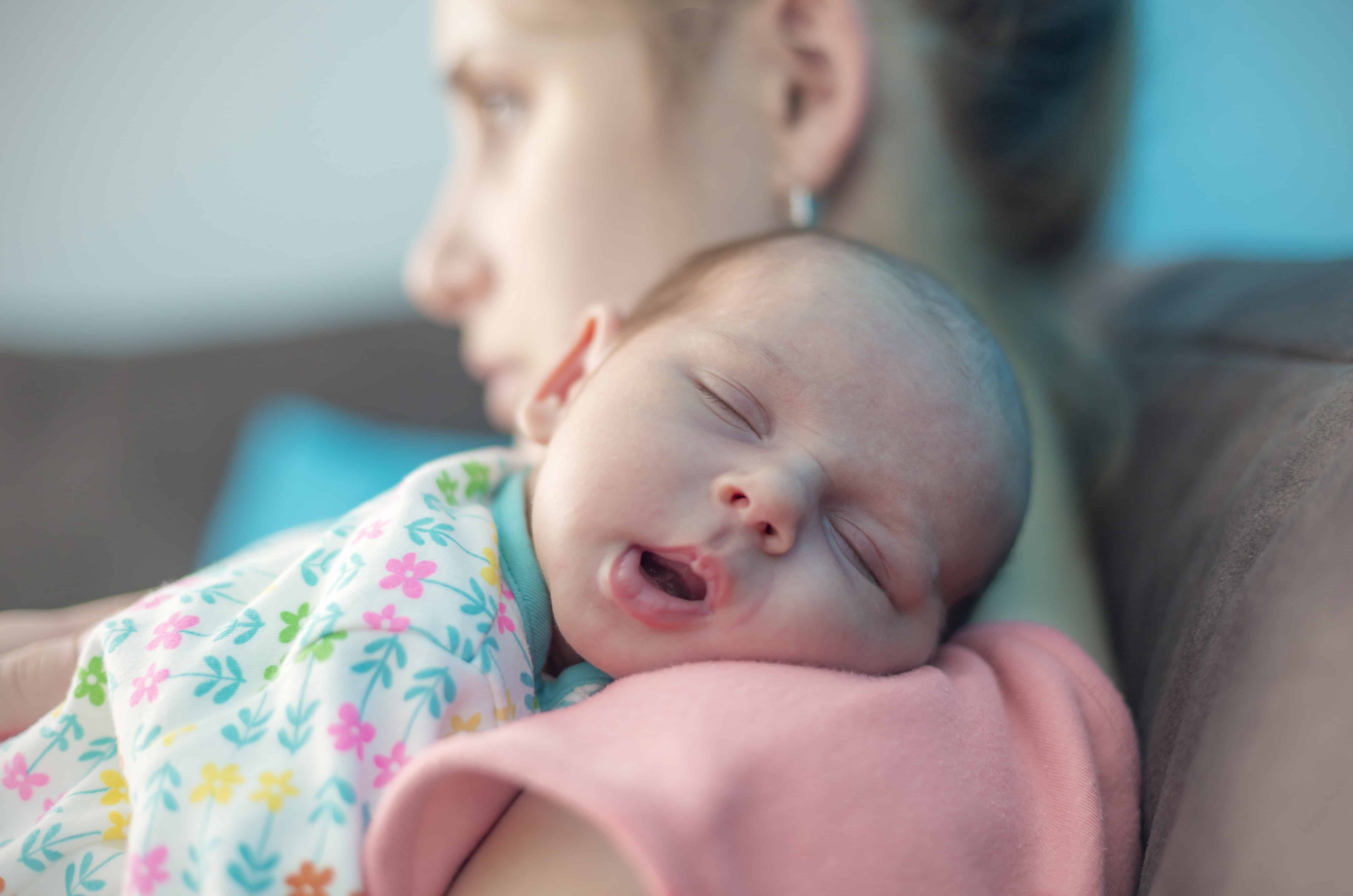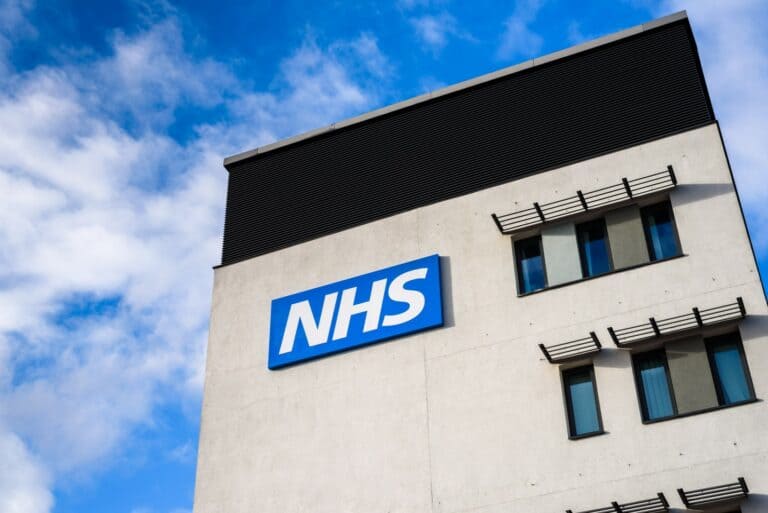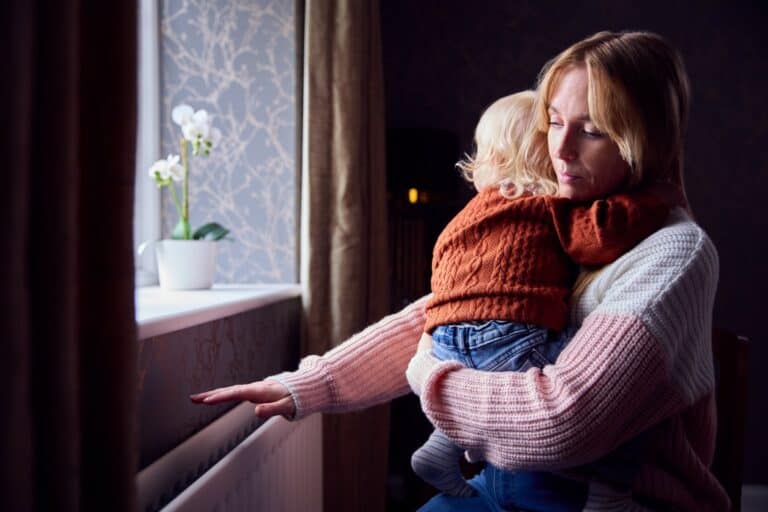
How PTSD can strike parents after birth due to inadequate maternity care
The Maternity Unit at Hull Royal Infirmary Hospital has recently dropped two ratings to ‘inadequate’. Some of the problems highlighted can lead to PTSD in mothers and their partners. Here we look at how PTSD can be caused as a result of a traumatic birth, and some of the symptoms for parents.
The Care Quality Commission (CQC) described Hull Royal Infirmary as a chaotic and unfit environment with inconsistent staffing levels that put the safety of mothers, babies, and birthing people at risk.
Hull’s poor inspection is sadly not the first time we have heard about such problems. The CQC has been inspecting maternity services across the country and has found that 21 of them aren’t up to standard. This is almost half of the services they have looked at.
Poor maternity care can lead to traumatic labour and birthing experiences. This can cause long-lasting damage, both physically and mentally.
In a recent blog, my colleague Jo Chapman talked about the shortcomings in care that can lead directly to severe brain injuries in babies. These injuries cause life-long disabilities, pain, and suffering. We help these babies and their families seek compensation.
From my experience representing children with brain injuries due to problems in antenatal care, I’ve seen the impact on their parents. Sadly, the same avoidable mistakes and traumatic birth experiences that lead to a child’s serious brain injury can also cause parents to suffer mental health issues. Our team also helps parents facing these issues, often diagnosed as Post Traumatic Stress Disorder or ‘PTSD’, due to inadequate maternity care.
Another report highlighting failings in maternity services is understandably distressing for those who’ve been through such poor care, especially those dealing with PTSD from a tough labour or birth and whose children have suffered a brain injury as a result.
Traumatic birth experience and PTSD
Examples of poor maternity care that can lead to traumatic birth and PTSD include delays in recognising and responding to risks for both mother and child during labour, insufficient senior input when needed, poor record keeping and staff communication, and inadequate training and staffing.
Disturbingly, the CQC found all these problems in their review of maternity services in Hull. Having a traumatic labour and delivery and witnessing your baby born in distress, possibly needing resuscitation, can deeply affect both mothers who received substandard antenatal care and their partners who witnessed the shocking events which can lead to PTSD. This does not even touch on the devastation of knowing your baby’s condition and injuries could have been avoided.
Mind, the mental health support organisation, lists PTSD symptoms that might be experienced after a traumatic birth. These include having flashbacks, intrusive thoughts or nightmares, feeling on edge, avoiding memories and having difficult beliefs and feelings such as being distrustful or self-blaming.
These symptoms have an enormous impact on parents and those around them. Some parents can’t work for a while afterwards, others may struggle with socialising and connecting with loved ones. Many grapple with guilt over what happened, despite it being entirely out of their control and even when the hospital admits to substandard care.
For many parents I work with, their focus has been on their child and ensuring their additional needs due to the injuries are being met. However, it is crucial parents can also get the support and therapy they need if they have suffered a psychiatric injury.
How we can help
Our specialist Child Brain Injury team at Bolt Burdon Kemp helps families nationwide dealing with the aftermath of serious brain injuries in babies due to poor maternity care, as well as parents who’ve suffered mental injuries from the same poor care.
We recognise the importance – to both the child and their parents – of parents getting the help they need when struggling with mental health issues. Treatment for PTSD after a traumatic birth can include specialist trauma-focused cognitive behavioural therapy (CBT), eye movement desensitisation and reprocessing (EMDR), and medication.
We also understand that navigating the healthcare system for a child with a brain injury and special needs can be hard and time-consuming for parents. That is why we move swiftly to get funds for recommended therapy or support, as well as for specialist childcare so that parents have time for treatment. This might be through the parents’ own claim for psychiatric injuries, or through their child’s claim for injuries at birth but, in either case, treatment can often be put in place while the claim is ongoing to ensure that support is there when it is needed.
If you’ve been affected by poor maternity care and want to talk to one of our kind and experienced solicitors, please get in touch for a free, no-obligation conversation.









